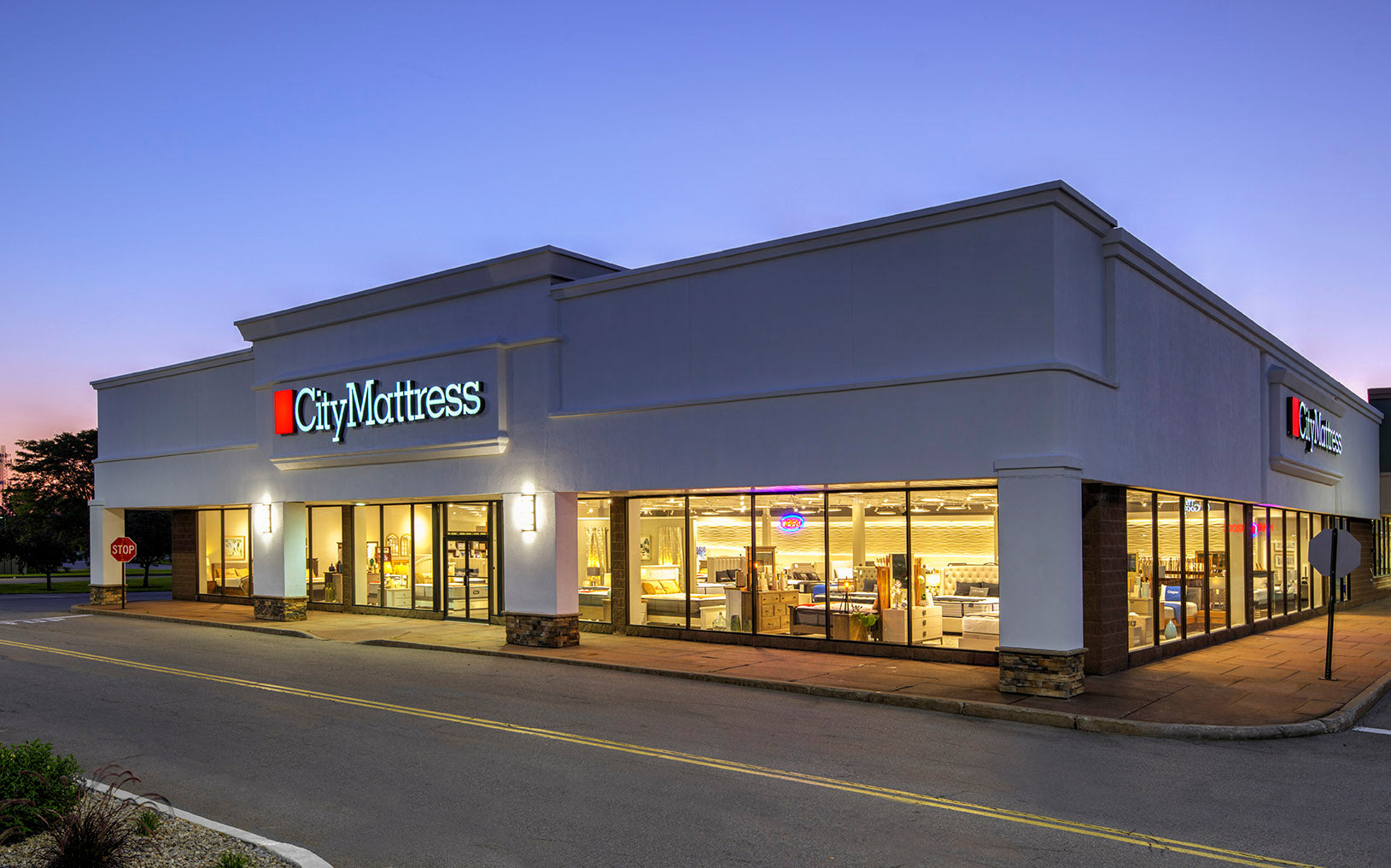In the hustle and bustle of modern life, neighborhood stores often serve as hidden gems, quietly contributing to the local community’s vibrancy. These unassuming establishments go beyond mere commerce, fostering connections, and offering a unique shopping experience that contrasts with larger retail chains. Let’s delve into the charm and significance of these neighborhood stores that are scattered across our communities.

Embracing the Personal Touch
Neighborhood stores are synonymous with a personal touch that is often absent in larger retail outlets. From the warm greetings of familiar faces to the personalized service, these stores create a sense of belonging and community. Regular customers are not just patrons; they become friends, and the store transforms into a hub where people share stories, laughter, and even the occasional neighborhood gossip.
Diverse Offerings, Local Flavors
One distinguishing feature of neighborhood stores is their ability to curate a diverse range of products, often reflective of the community’s unique preferences. From locally sourced produce to handcrafted goods, these stores celebrate the richness of the local culture. Customers can find items that may not be readily available in mainstream supermarkets, creating a niche market that caters to the distinct tastes of the neighborhood.
Preserving Tradition in a Changing Landscape
Amidst the ever-evolving retail landscape dominated by e-commerce giants, neighborhood stores serve as bastions of tradition. These establishments often have a rich history, having weathered economic shifts, technological advancements, and changes in consumer behavior. The resilience of these stores reflects a commitment to preserving the essence of the neighborhood and maintaining a connection to the past.
Supporting Local Economies
Beyond convenience, shopping at neighborhood stores contributes directly to the local economy. Many of these establishments source their products locally, supporting nearby farmers, artisans, and businesses. The circulation of money within the community strengthens its economic foundation, creating a symbiotic relationship between the neighborhood store and the residents it serves.
Adapting to Changing Times
While rooted in tradition, neighborhood stores are not immune to change. Successful ones adapt to evolving consumer preferences and technological advancements. Many have embraced online platforms for ordering and delivery, ensuring that they remain competitive in an increasingly digital marketplace while retaining the personalized touch that sets them apart.
Celebrating Community Events
Neighborhood stores often play a pivotal role in community events, acting as gathering spots for celebrations, fundraisers, and local initiatives. Whether it’s sponsoring a little league team or hosting a bake sale for a charitable cause, these stores serve as community hubs, fostering a sense of unity among residents. The relationships formed within the store extend beyond transactional exchanges, creating a tightly-knit community.
The Quaint Aesthetic and Nostalgia
The aesthetics of neighborhood stores contribute to their unique charm. Quaint storefronts, handwritten signs, and the nostalgic creaking of wooden floors transport customers to a simpler time. In an era dominated by sleek, corporate aesthetics, the rustic charm of these stores offers a welcome departure, resonating with those seeking an authentic and intimate shopping experience.
Challenges and Triumphs
However, neighborhood stores face their share of challenges. Rising rents, competition from larger chains, and the convenience of online shopping pose threats to their existence. Yet, many continue to thrive, their success attributed to a loyal customer base, adaptability, and the intangible value they bring to the community.
Conclusion: More Than Just a Store
In conclusion, neighborhood stores are more than just places to buy goods; they are integral parts of the communities they serve. Their significance goes beyond the products on the shelves, encompassing the relationships built, the preservation of local culture, and the sense of belonging they instill. As we navigate the fast-paced world of retail, let’s not overlook these neighborhood stores, the unsung heroes that add depth and character to our local landscapes.